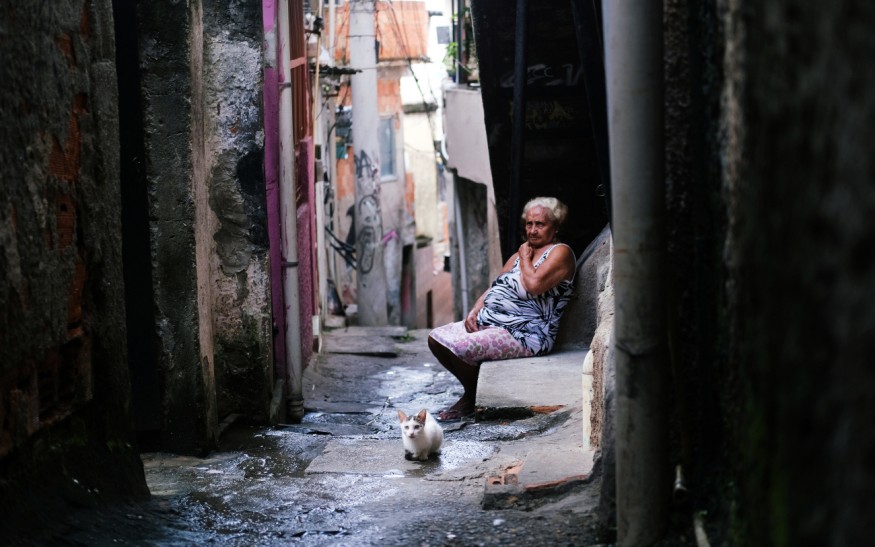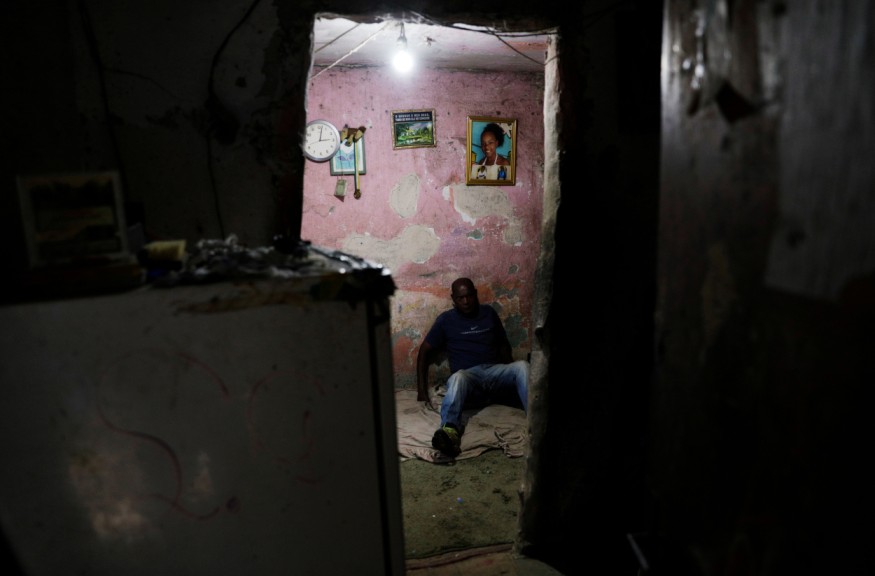Favelas: Neighborhoods Abandoned by the Brazilian Government Amid COVID-19 Crisis

In March, the global pandemic COVID-19 began to spread in Brazil, hitting more than 28,912 people and killing 1,760. State governors began imposing lockdown measures, closing schools, businesses, and the source of income for people living in favelas---a place said to be suffering from extreme poverty.
Favelas are places where houses are often stacked and are illegally occupying the land. Some neighborhoods have found a way to thrive and embrace creativity, while others remain trapped in tight spaces that are often controlled by gangs.
The homes located in the Baixadas da Estrada Nova Jurunas neighborhood are overflowing with floating garbage that serves as home to deadly anacondas or sucuri snakes. These homes, built on wooden stilts, often suffer from flooding and get caught in the middle of gang wars.
After the Brazilian state government required people to observe strict coronavirus isolation guidelines, more than 1.5 million people living in the Baixadas neighborhood lost their jobs. Adults and children who were usually eating three meals a day were going hungry.
This scene is repeated across the nation, affecting over 14 million families living in densely populated areas. While official reports have confirmed 28,000 cases, some fear underreporting means numbers are likely surging.
Community leaders and favela associations began delivering food and basic toiletries to residents in need as hunger strikes. They fear COVID-19 will spread rapidly in poor neighborhoods where basic sanitation and health services are scarce. These neglected favelas have been known to suffer from other thriving diseases such as the Zika virus and tuberculosis.
"It's like we don't exist."
The pandemic has proved how little the Brazilian government cares about the citizens living in the impoverished areas. As one resident pointed out, the word favela has been continuously absent from press conferences and other government communication.
Bolsonaro's administration struggled for weeks over an emergency monthly payment of $116. The payments, which will last three months, will be given to almost 25 million "informal" workers and settlers. Many, however, are missing proper social security numbers and are being refused their cheques.
Favelas and activists have taken it upon themselves to organize methods to cope with the business shutdowns and the lay-offs. They've helped set up communal kitchens and deliver thousand of food parcels within many forgotten favela neighborhoods.
Some activists also found a way to "adopt" maids who were laid off from their jobs. These workers previously served in the upscale neighborhoods where the new coronavirus first emerged.
"Street presidents" have also set up local clinics with two doctors, three nurses, and three ambulances. They have also organized a donation drive, and neighborhood meets where they remind people of the importance of handwashing and social distancing measures.
Gilson Rodrigues, president of the residents association in the Paraisopolis favela, said they began building a field hospital in their neighborhood.
"We believe the cases are coming," he said. "We believe we are being abandoned to our own fate."

Conflicting Messages
Research from a local institute showed almost 80 percent of working favela residents were laid off over the COVID-19 health crisis.
Despite ongoing community efforts, many are sent back on to the street---some due to the need to work, while others due to the Brazilian President Jair Bolsonaro's conflicting messages. Bolsonaro has repeatedly downplayed the virus and attacked social isolation orders. His words contradict not only his own health minister's advice but also that of the World Health Organization.
His words have led to people disobeying health guidelines, which are further reinforced by evangelical pastors in some favela neighborhoods and upstate areas.
The government's lack of unity and urgency differs from the way favela groups are coping with the situation. The crisis put the neglected areas in the spotlight, intensifying all the issues they face daily.
"It made the world really listen to the favela's voice," a resident said.
Subscribe to Latin Post!
Sign up for our free newsletter for the Latest coverage!
© 2026 Latin Post. All rights reserved. Do not reproduce without permission.














